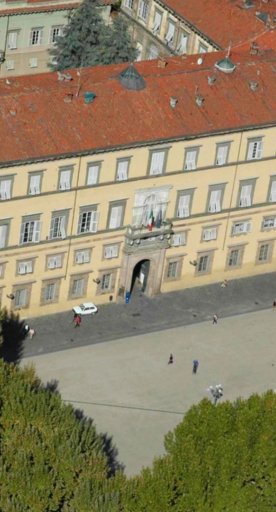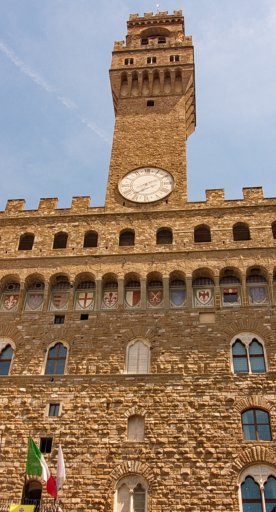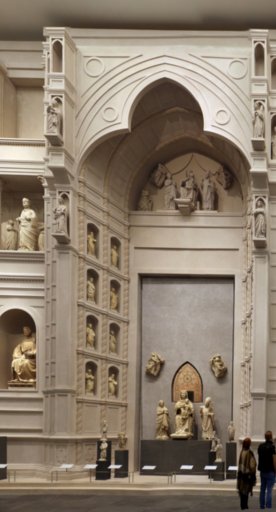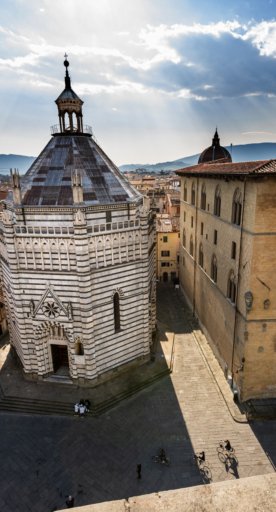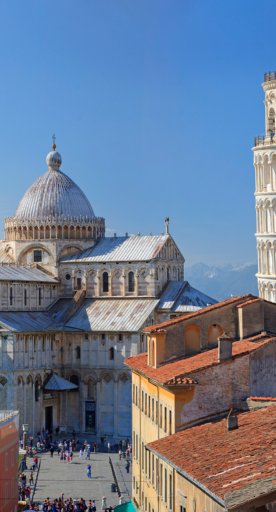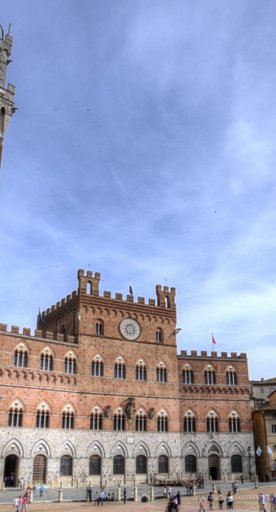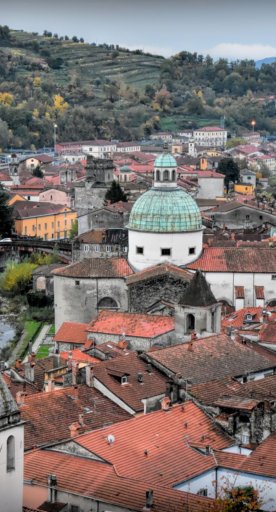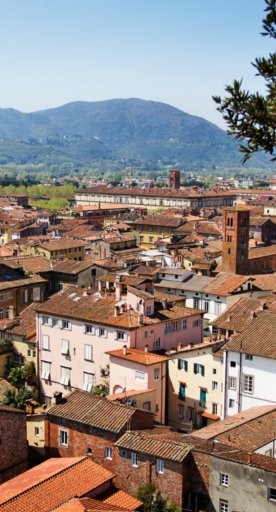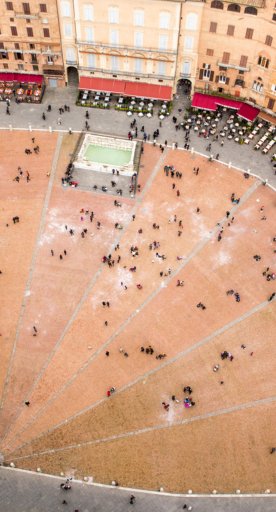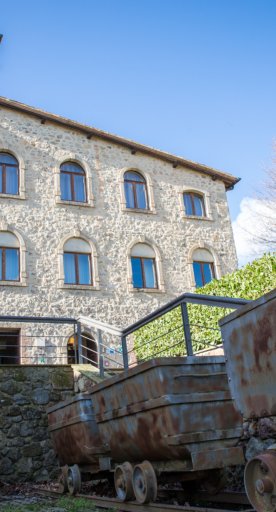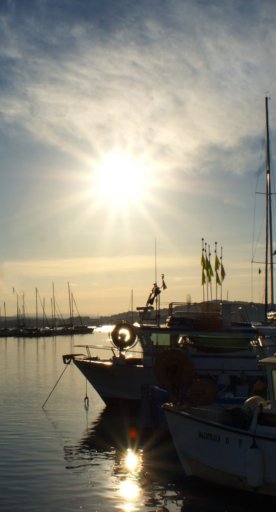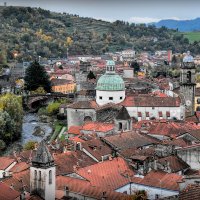Famous Tuscan writers
The inspiring landscape of Tuscany produced some of the world’s most renowned authors
There are certain names that spring immediately to mind when you think of Tuscany, a place with an incredible wealth of creative genius, birthplace of the most revered names in literature.
Here are some of those renowned names that forever changed the literary landscape, both in Tuscany and all over the world.
-
1.Dante
-
2.Giovanni Boccaccio
-
3.Niccolò di Bernardo dei Machiavelli
-
4.Petrarca
-
5.Carlo Collodi
Dante
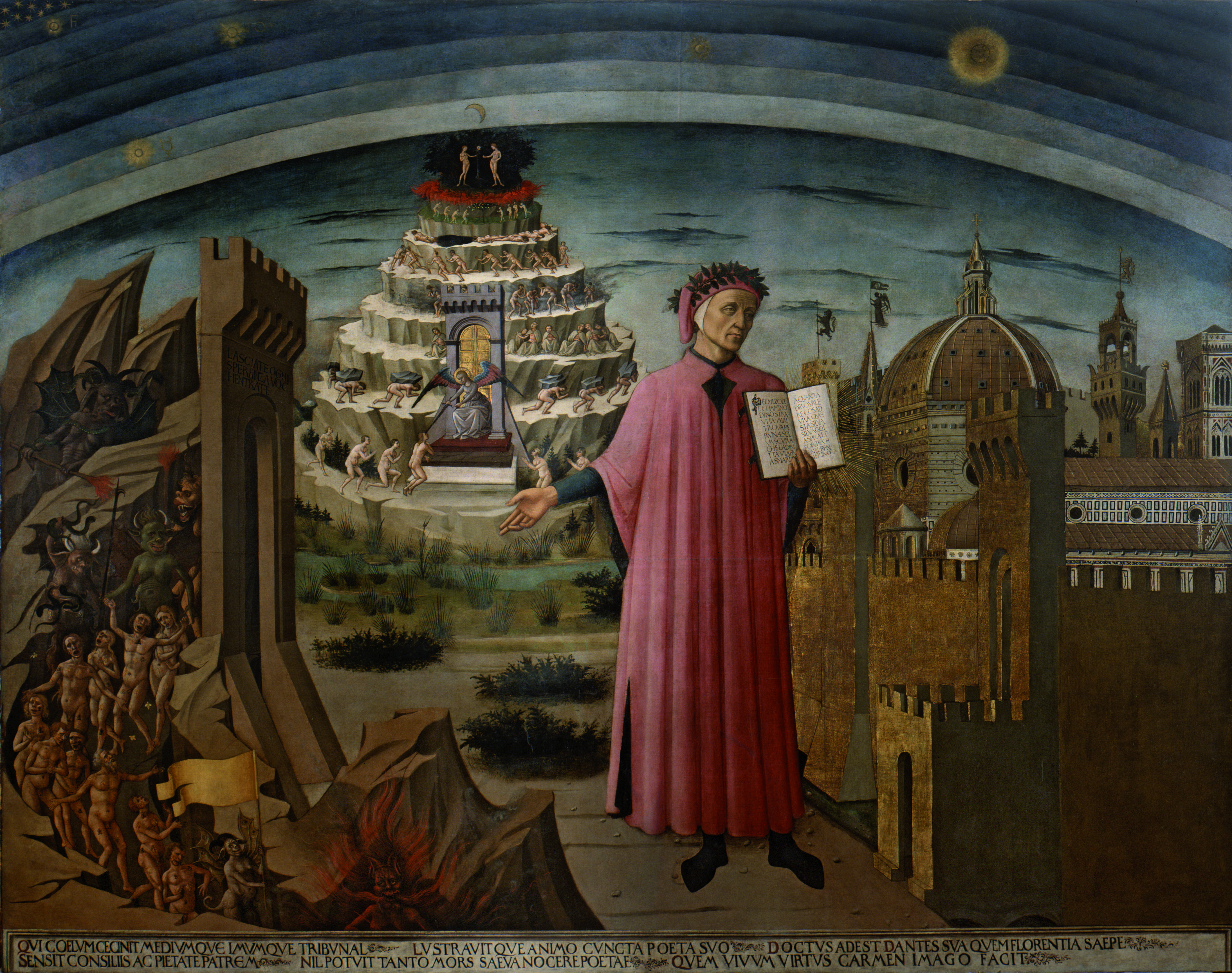
Considered the father of the Italian language, Dante Alighieri was born in the heart of Florence in 1265, to a family of no great social distinction. During his late teens he became involved with the stilnovisti, a group of young poets forging radical new paths in vernacular poetry. Italian was at the time considered an inferior literary medium to Latin, but Dante’s use of Florentine dialect elevated its status and it ultimately became the standard literary Italian as well as influencing the course of literature, inspiring John Milton, Geoffrey Chaucer, Alfred Tennyson, and many more.
From 1295, Dante was actively involved in the political life of the city, elected to the prestigious role as one of the priors of the Signoria at the age of 36. However, while visiting Rome in 1302, he was sentenced in absentia to a fine of 5000 florins for a number of false charges including bartering, extortion and fraud as the result of an ongoing political feud. Thus exiled from the city, he began a peripatetic lifestyle.
He was enamoured with Beatrice Portinari, who he immortalised in his greatest work, the Divine Comedy, a 14,233-line allegorical journey through Hell, Purgatory and Paradise. It is said that Dante was inspired for his description of Hell by the Orrido di Botri, a spectacular limestone gorge near Lucca which he saw when staying in nearby Montefegatesi, following his exile from Florence.
His La Vita Nuova, (The New Life) is another major work, predating the Divine Comedy, that is a collection of lyric poems (sonnets and songs) with commentary in prose, with many references to his love for Beatrice.
He died from malaria in 1321 near Ravenna, where he is buried.
Giovanni Boccaccio

Giovanni Boccaccio’s most famous work, The Decameron, is a collection of one hundred short stories and one of the first works of prose written in “vulgar” Italian. Said to have been born in Certaldo or Florence in 1313, he was the result of an illegitimate relationship of the merchant Boccaccino di Chellino. Raised by his father in Florence, he left for Naples in 1327 where he began to be interested in literature, and specifically, Dante.
His composed poems, such as Diana’s Hunt and Philostratus, which evoke sentiments of love, often autobiographical.
Boccaccio returned to Florence in 1340 due to economic problems and concentrated on his literary production, working on the Comedy of the Florentine nymphs, an allegorical-didactic poem, and, following the plague of 1348, worked on his masterpiece The Decameron, set in a secluded villa just outside Florence in the year 1348, where ten young Florentines (seven women and three men) took shelter to escape the plague that was ravaging the city. Documenting Tuscan life at that time, 100 tales are narrated by the 10 narrators, having a lasting literary influence, including providing the inspiration for Chaucer’s The Canterbury Tales.
Niccolò di Bernardo dei Machiavelli

The Renaissance diplomat, philosopher and writer, Niccolò di Bernardo dei Machiavelli was born on May 3, 1469, in Florence. Serving as a diplomat in the Florentine Republic during the time of the Medici family's exile, his personal correspondence is of high importance to historians and scholars as he worked as secretary to the Second Chancery of the Republic of Florence from 1498 to 1512, while the Medici were out of power, therefore providing intriguing and important insight into the political landscape of the period. When the Medici family returned to power in 1512, Machiavelli was dismissed and briefly jailed.
He then wrote The Prince, in 1513, the work for which he is best known. In it, he proposes that immoral behavior, such as the use of deceit and the murder of innocents, was normal and effective in politics, encouraging politicians to engage in evil means when necessary for political expediency. With such notorious claims, the term "Machiavellian" came to connote political deceit, deviousness, and realpolitik.
Often called the father of modern political philosophy and political science, he also wrote comedies, carnival songs and poetry. His other works on political philosophy are also notable for scholars such as the Discourses on Livy (composed c. 1517) said to have paved the way of modern republicanism.
He died on June 21, 1527, in Florence.
Petrarca

Francesco Petrarch was born on July 20, 1304 in Arezzo. The son of a couple from Incisa in Valdarno, his father was a white Guelph notary banished from Florence. Their former home in via dell’Orto is now a museum. They subsequently moved to Pisa and then to Carpentras, in Provence. Petrarch then studied in Montpelier and Bologna, travelling much thereafter and meeting many noted names of the time, including Roberto d’Angiò, Cola di Rienzo, Visconti and Boccaccio.
He was a cleric and diplomatic envoy for the Church, allowing him to travel and pursue his studies in ancient literature. A devoted classical scholar and poet, he is considered the “Father of Humanism”, setting the stage for the Renaissance. He is also considered one of the fathers of the modern Italian language.
His most well-known writing includes odes to Laura, his idealized love whom he wrote about in an intimate diary called the Canzoniere containing 317 sonnets, as well as poems such as I Trionfi.
His Latin composition Africa is another of his most notable works, an epic poem about the Second Punic War but his vernacular poems are the ones for which he is most remembered.
He was crowned Rome’s poet laureate in 1341, a highly regarded title.
He died aged 69 in Arquà (Padua), in 1374, and is buried in the Church of Santa Maria Assunta.
Carlo Collodi

Carlo Lorenzini, better known as Carlo Collodi, was born on November 24, 1826 in via Taddea, 21 in the centre of Florence. He took the name Collodi from the small village where his mother was born and where he spent much of his childhood.
An author, humorist and journalist, he is best known for his novel The Adventures of Pinocchio which has captured the hearts of generations of Italian children (and subsequently children all over the world) since it was published in 1883.
In Collodi there is a theme park dedicated to the writer and to his most famous characters.
He studied in a seminary in Colle di Val d’Elsa, from 1837 to 1842, and here got inspiration for his now well-known wooden puppet who dreamed of becoming a real boy. Dropping out of school, he acquired Mazzini’s liberal ideas and participated in the battle of Curtatone and Montanara in 1848. Upon returning to Florence, he founded the humorous and theatrical magazines Il lampione and La scaramuccia, writing articles on politics and literary criticism as well as composing satirical sketches and stories ,such as Macchiette in 1880 and Occhi e nasi in 1881.
Becoming disenchanted with Italian politics, he turned to children’s literature, first translating French fairy tales into Italian before turning to creating his own works such as Giannettino in 1876, a pedagogic series exploring the unification of Italy.
His masterpiece, The Adventures of Pinocchio, appeared in episodes from 1881 to 1883 in the "Children's Journal" and is one of the most successful children's books in the world.
He died in Florence on October 26, 1890 and is buried in Cimitero Monumentale Delle Porte Sante in Florence.











